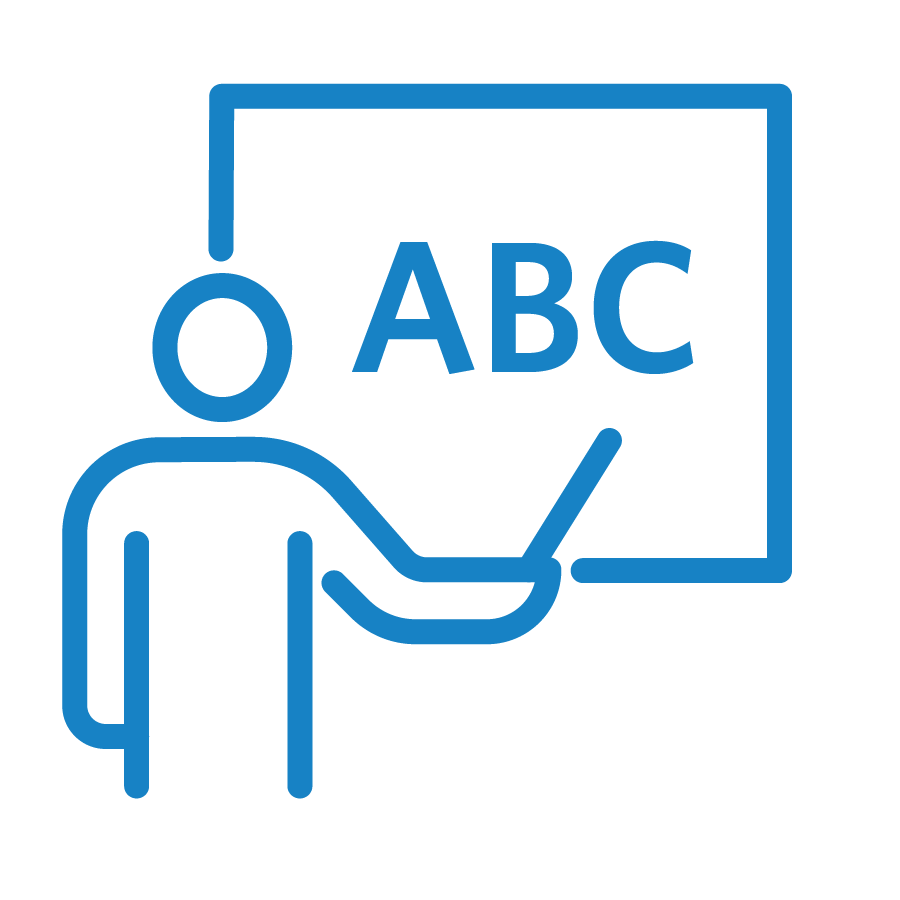Filter resources by:
Select a filter from the drop down menu to apply the filter. Page reloads upon selection
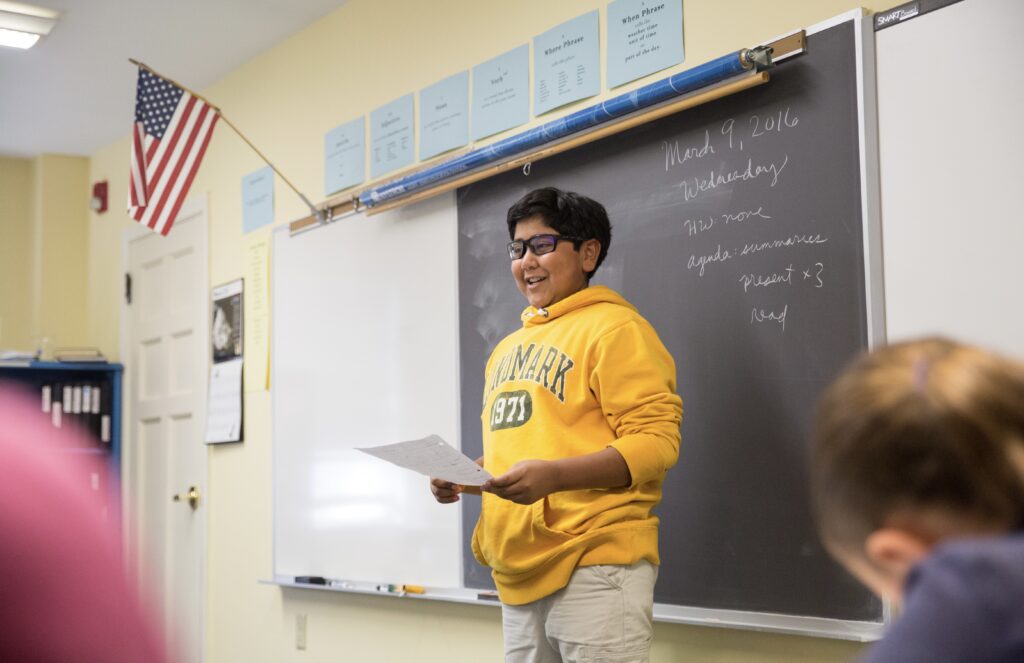
Nov 13, 2022
Scaffolding the Thinking Phase for Students with Expressive Language Deficits
In our previous roles as the Director and Assistant Director of the Expressive Language (EL) Program at Landmark High School, we worked with students with a primary diagnosis of specific learning disability in reading, writing, or math (also called LBLD, or a language-based learning disability). Students placed in the EL Program face the compounded obstacle
Read Blog
Oct 28, 2022
Building Contextual Reading Fluency Through Phrase-Level Practice
Building your repertoire of phrase-level activities can help you address the fluency needs of a broad range of students. Let’s look at three different types of students that may benefit from phrase-level fluency instruction: Emergent readers: Using isolated phrase practice or building from the phrase-level into passages can increase automaticity and provide the structure that
Read Blog
Oct 14, 2022
Scarborough’s Reading Rope
Developed by Hollis Scarborough in 2001 and explained in her paper titled “Connecting Early Language to Later Reading (Dis)Abilities”, this helpful infographic, often called Scarborough’s Rope or the Reading Rope, explains how essential language skills work together to develop skilled reading. Similar to the equation in the Simple View of Reading R = D x
Read Strategy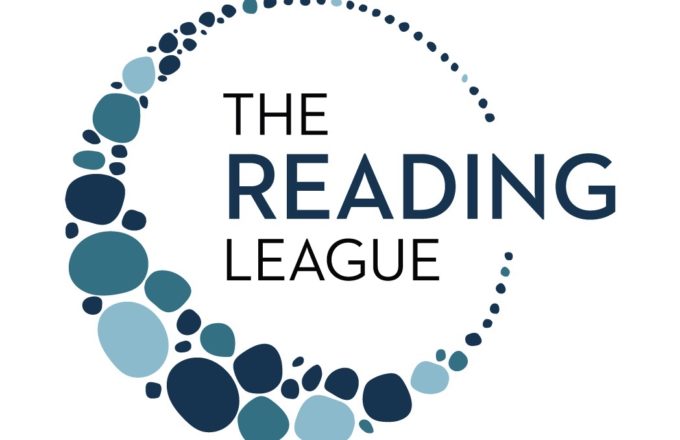
Oct 13, 2022
Decodable Texts from The Reading League
Explore this comprehensive list of decodable texts for students of all ages from The Reading League. Landmark Outreach is one of its mission partners.
Read Article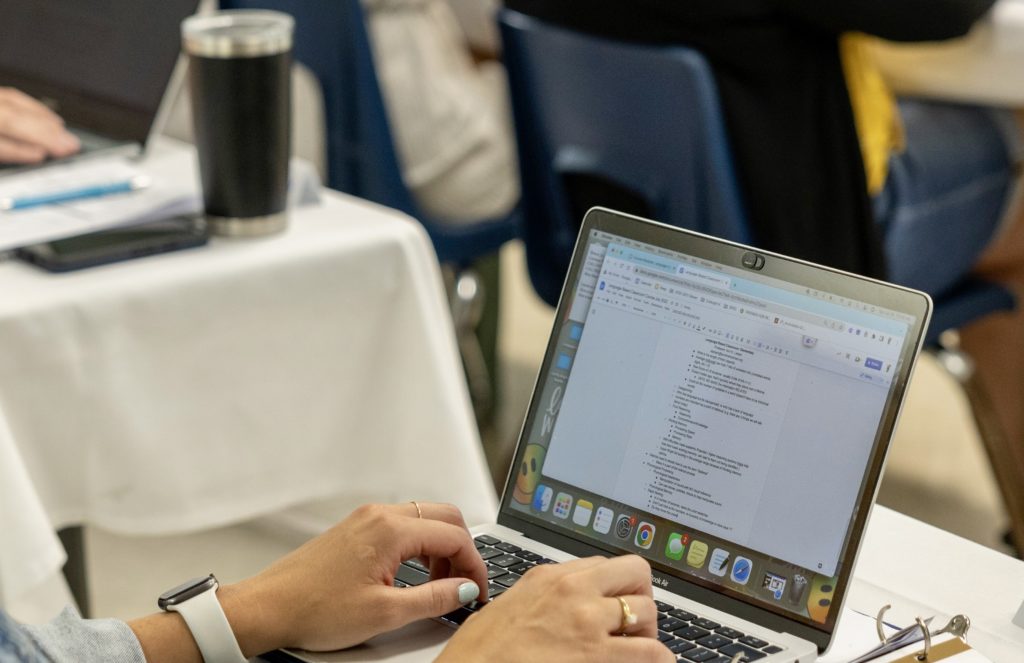
Oct 4, 2022
Computer Science and Accessibility
Using Block-Based Code There are a few quick and easy ways you can make your computer science courses more accessible to students with Language-Based Learning Disabilities (LBLD). I like to start students who are new to CS with a block-based program like Scratch, Arcade MakeCode or MIT App Inventor. These programs allow students to access
Read Blog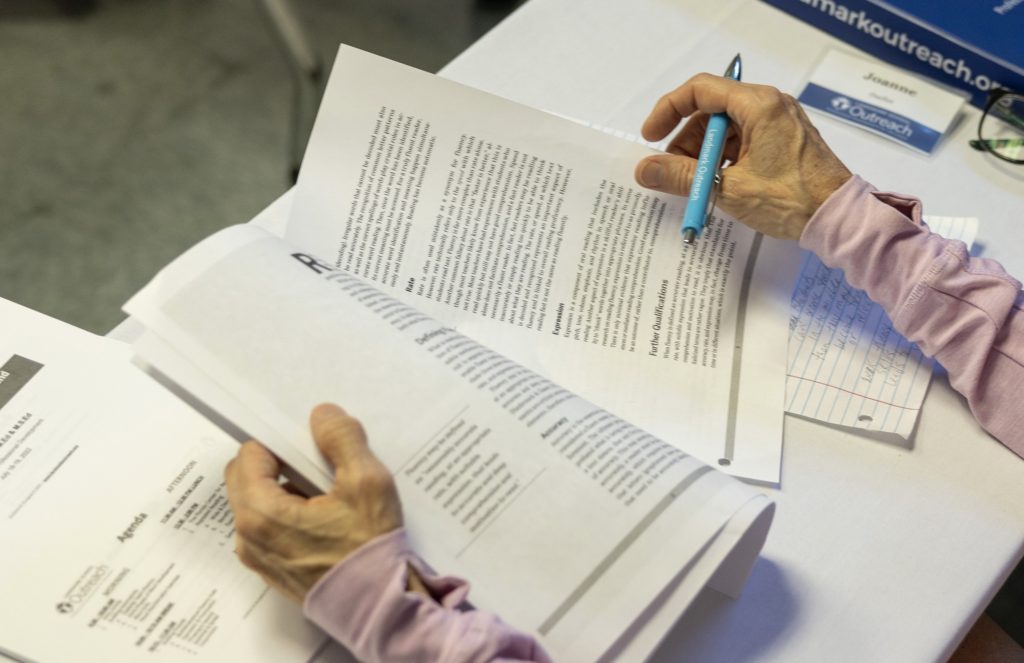
Oct 3, 2022
Reading and the Brain
Many researchers have used functional Magnetic Resonance Imaging (fMRI) scans to map the brain activity of both struggling and proficient readers. In Overcoming Dyslexia (2020), Dr. Sally Shaywtiz, noted author, dyslexia advocate, and neuroscientist, explains the history of brain imaging and what research (done by herself and others) has revealed about reading and the brain.
Read Strategy
Sep 6, 2022
What is the Science of Reading?
In other words, the science of reading takes the wide and complex scope of science and research pertaining to literacy and creates a consensus on how the brain learns to read and write. This synthesis provides stakeholders with a framework to assess the most effective ways to teach literacy that provides the most benefit for
Read Strategy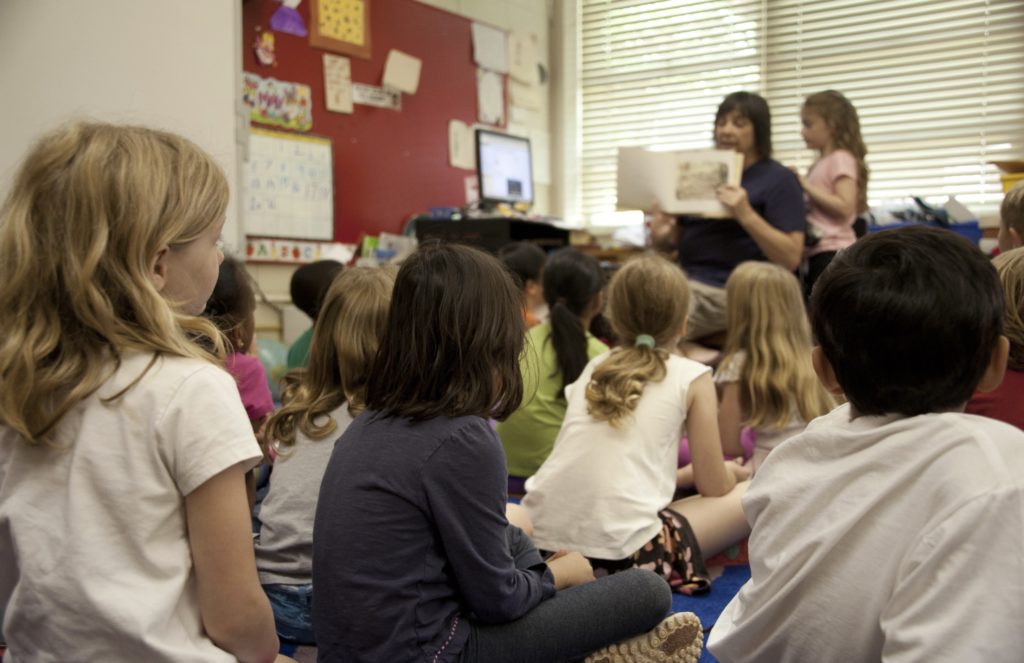
Aug 31, 2022
How to Be a Sticky Teacher
Lead with the Value Proposition As a first step, make onboarding easier and be wary of the ease-in approach, or the survey on the first few days. Today’s students are living in a digital world of quick sampling and swiping. Highlight the value proposition of your subject in early lessons. Successful apps are typically clear
Read Blog
Apr 22, 2022
Student Perspectives on Executive Function
In order to better understand the students we work with, we wanted to capture their understanding of who they are as learners and what they think about school when it’s hard and when it’s easy. We interviewed two senior students at Landmark to gain insight into how they view themselves as students. Question: Describe your
Read Blog